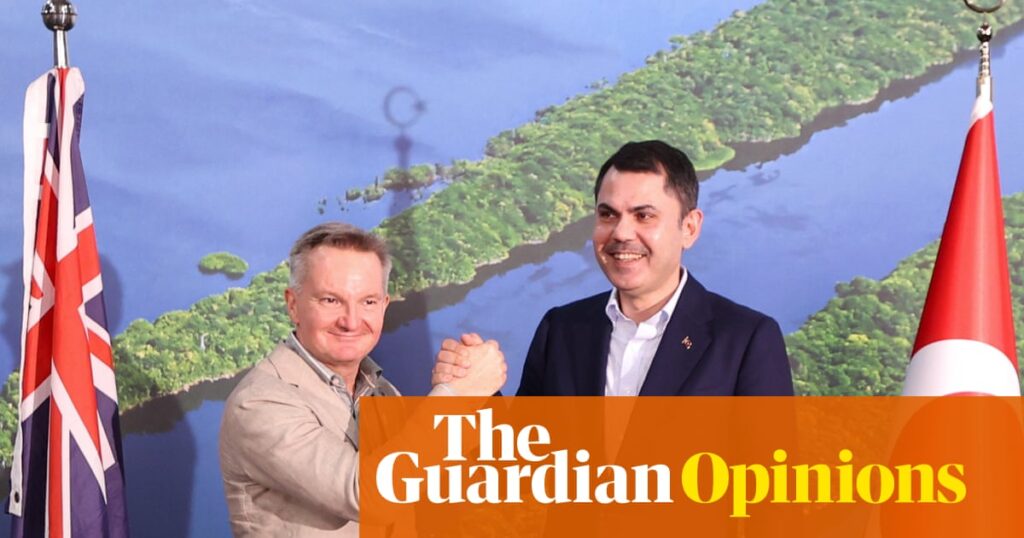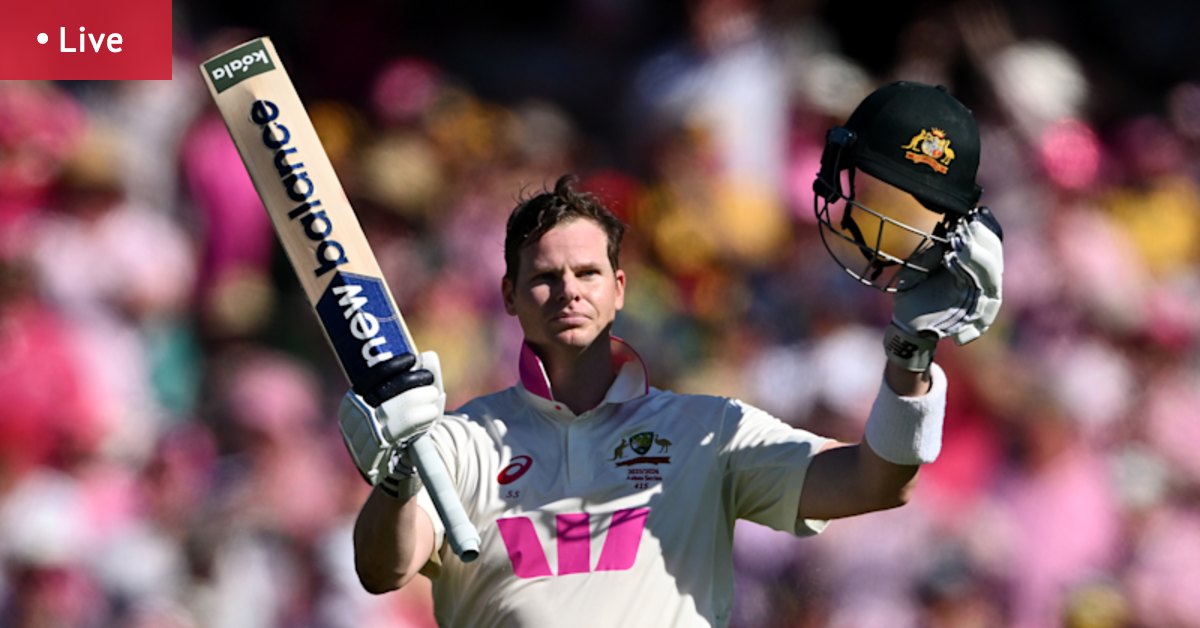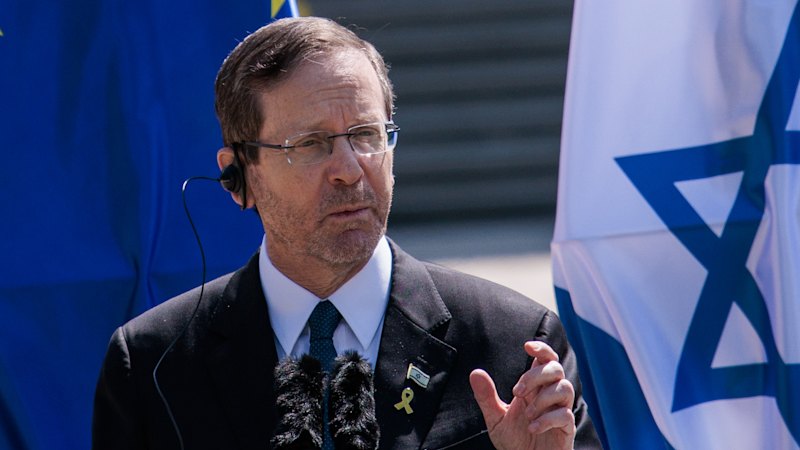
The Cop30 climate conference has concluded, leaving Australia without the honor of hosting the next summit. However, a formal partnership with Turkey presents a unique opportunity for Australia to wield significant global influence and accelerate its transition to a net-zero, green export economy. This development places Chris Bowen, Australia’s climate and energy minister, at the forefront of one of the world’s most intricate multilateral negotiations.
Chris Bowen’s appointment as the “president of negotiations” for Cop31 is a pivotal moment. This role positions him as a key figure in a process often criticized for its incremental progress. Yet, it is within these negotiations that crucial statements of political will and international commitments are forged, shaping global consensus on climate action. Bowen’s role allows him to influence the language that could become the guiding force for government and business actions worldwide. A global goal to triple renewable energy and double energy efficiency are now benchmarks for international efforts. Bowen might consider proposing an electrification target to enhance these objectives, addressing an area currently lagging behind.
The Pacific Partnership: A Central Narrative
Central to the Australian government’s recent narrative is the “partnership with the Pacific.” Bowen has emphasized his commitment to ensuring the Pacific’s voice is heard on the global stage, with the region’s priorities reflected in next year’s discussions. This partnership is underscored by a deal with Turkey to hold the annual pre-Cop gathering in the Pacific. Traditionally a smaller event for senior officials, Australia aspires to elevate its significance by encouraging attendance from world leaders and ministers. The focus will be on making the Pacific the first 100% renewable energy region, fully capitalizing the Pacific Resilience Facility, and integrating oceans and climate conservation efforts.
This Pacific pre-Cop serves as a preparatory platform, setting ambitious expectations for Cop31. Notably, in Belém, Australia joined forces with Pacific islands, Latin American countries, and some European nations to promote a new declaration for a just transition away from fossil fuels. This marks Australia’s strongest stance on the issue to date, aligning with the urgent need for deep, rapid, and sustained emissions reductions to meet the Paris Agreement goals.
Bowen’s Immediate Challenges and Opportunities
Although Bowen’s formal role begins with Cop31 next November, his responsibilities effectively start now. A detailed agreement with Turkey requires him to engage in extensive consultations, preparations, and communications to shape the outcomes of the negotiations in Antalya. This phase is not solely about negotiations; it involves establishing high-level contacts, networks, and platforms to showcase Australia’s climate leadership and energy transition strategies.
Australia aims to translate its dialogue with China on green steel into a pilot green steel production plant, building a new value-added green export industry. Additionally, every visit by a world leader to Australia next year could be leveraged to secure significant climate or green industry-related investments, injecting momentum into the negotiation process Bowen oversees.
Adelaide’s Potential Role
In parallel with Cop31 diplomatic preparations, Australia should consider hosting the “world’s largest green trade fair” in Adelaide, the previous candidate for an Australian Cop31. Such an event could attract international interest, technology, and investment, aligning with Australia’s Future Made in Australia green industrial policy. This initiative, while requiring creativity, could deliver substantial economic returns through new opportunities, jobs, and exports.
Implications and Future Prospects
Diplomacy rarely yields clear-cut outcomes. Despite strong support for Australia’s bid and extensive policy preparations, the opportunity to host Cop31 in partnership with the Pacific was missed. Nevertheless, the focus now shifts to ensuring that Australia’s role in Cop31 delivers tangible benefits for its citizens, businesses, and the Pacific region.
Thom Woodroofe, a senior international fellow with the Smart Energy Council and former climate diplomat, emphasizes the importance of Australia’s strategic positioning in global climate negotiations.
As the world watches, Chris Bowen’s leadership in Cop31 presents a significant opportunity for Australia to assert its influence and drive meaningful progress in the global fight against climate change.





